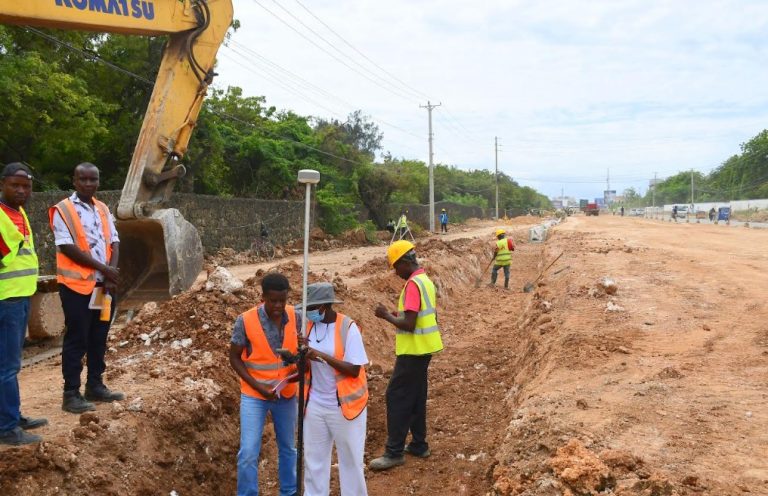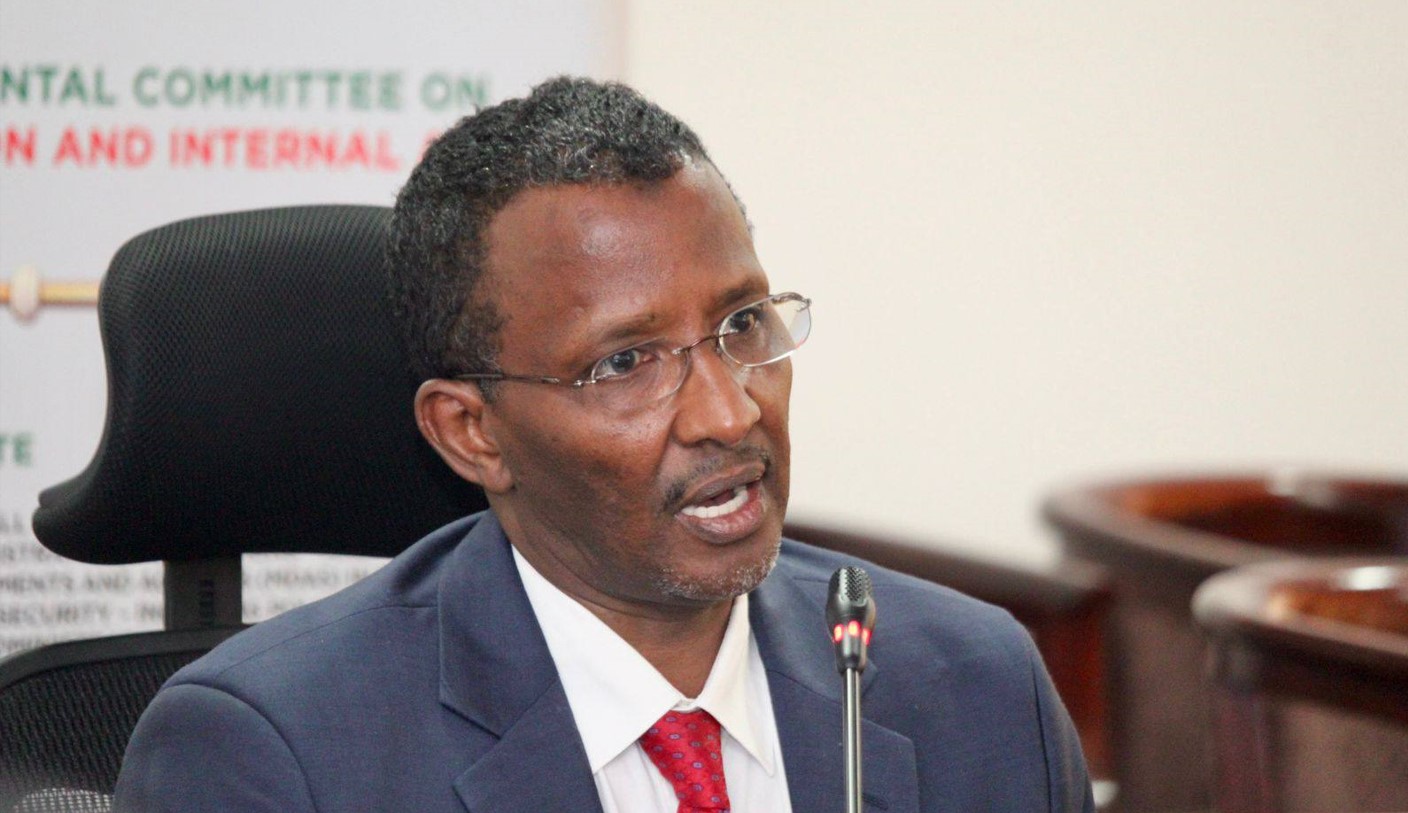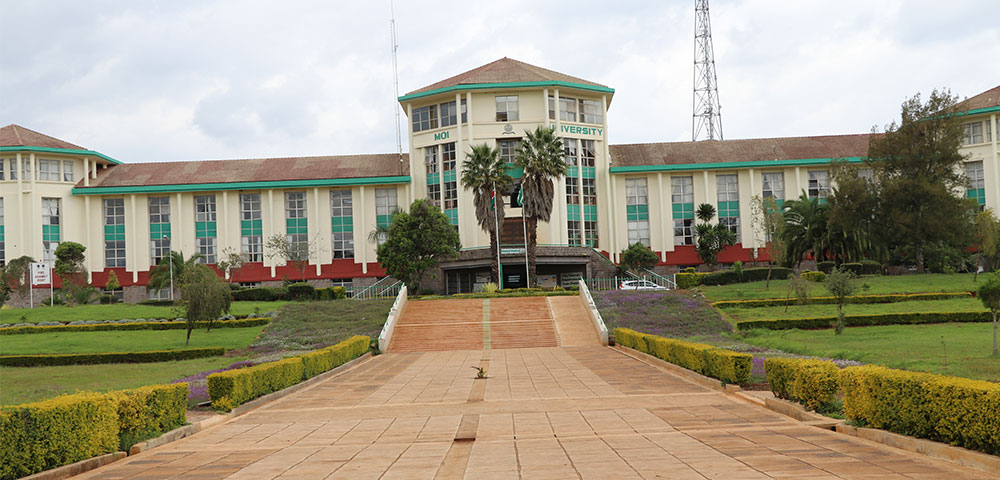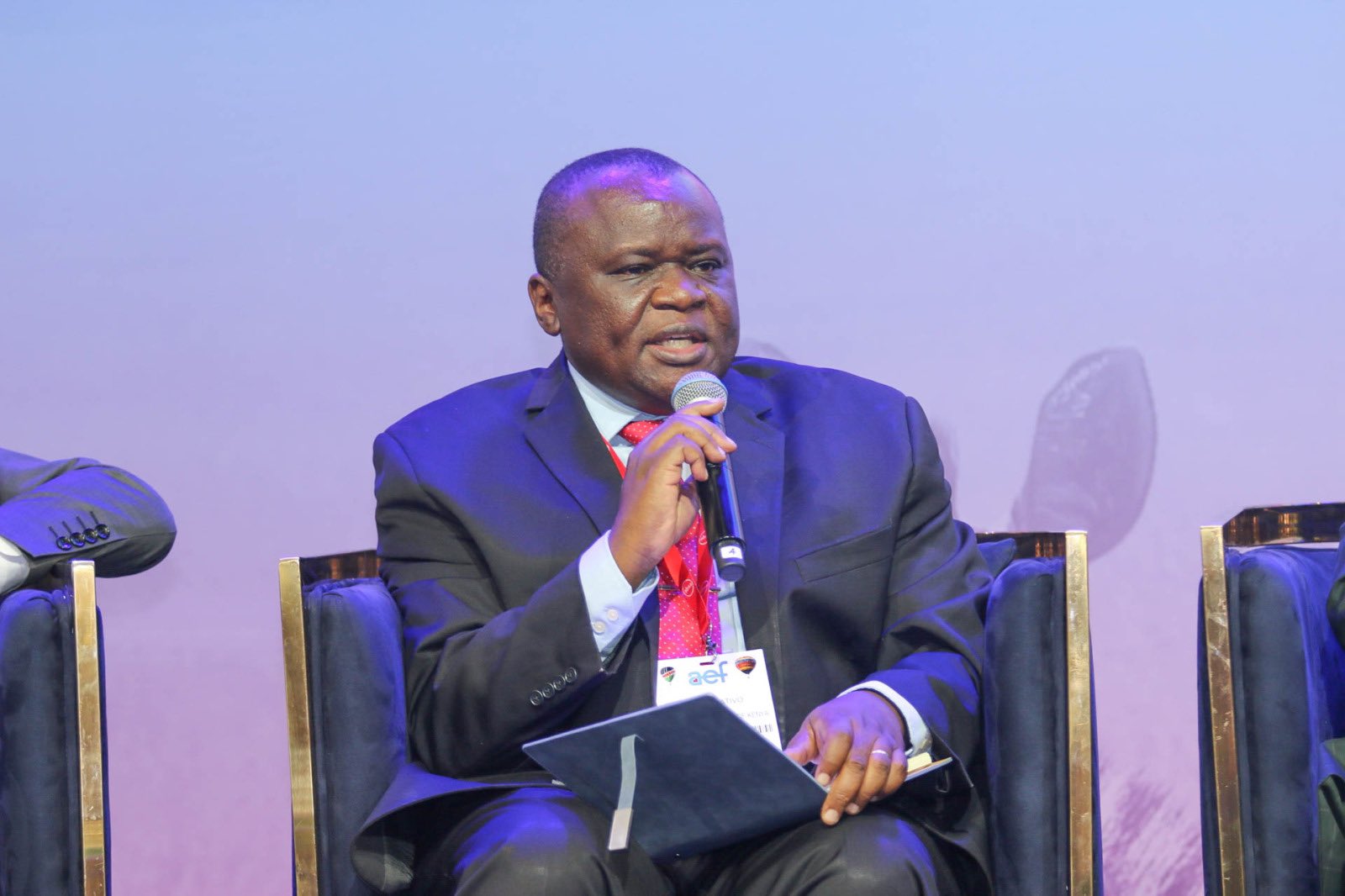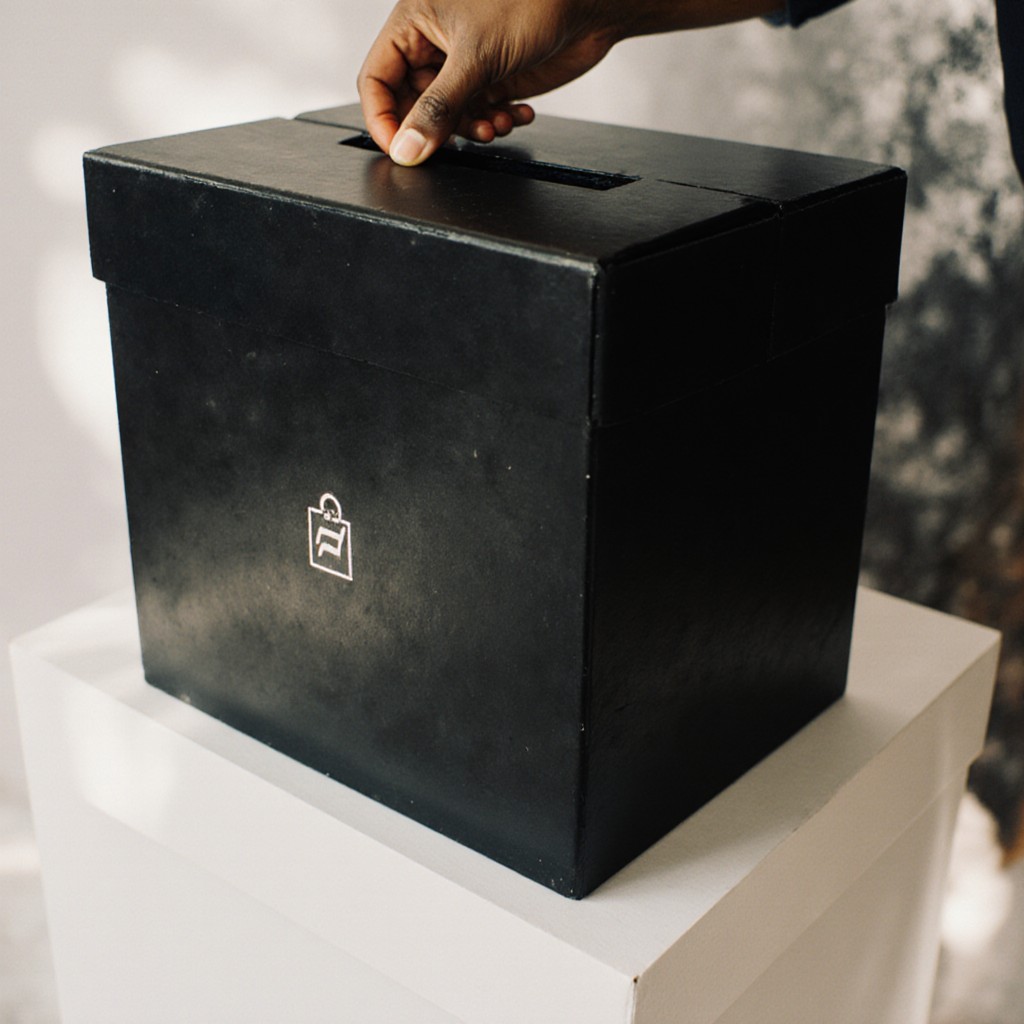Online attacks against judges threaten judicial independence, CJ Koome warns
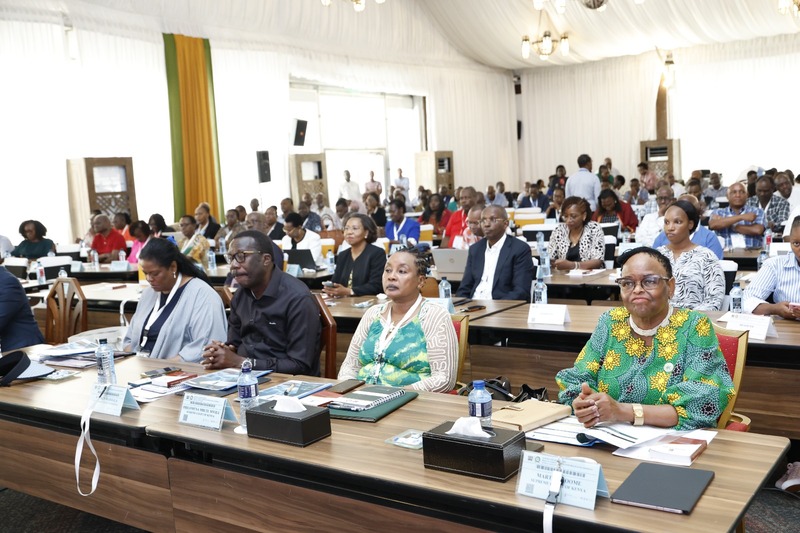
The CJ explained that online critics have used social media to spread false accusations, misleading narratives, and defamatory claims aimed at undermining court rulings.
Chief Justice Martha Koome has raised alarm over the increasing wave of online attacks against judges and judicial officers, stressing that such cyberbullying poses a serious threat to judicial independence and the credibility of Kenya’s courts.
Speaking on Monday at the opening of a five-day judges’ colloquium in Mombasa, Koome said social media, while a powerful tool for information and public discussion, has become a platform for targeted harassment of judicial officers.
More To Read
- JSC rejects Nelson Havi’s petition to remove Justice Mabeya
- CJ Martha Koome defends Judiciary, warns against defiance of court orders
- Supreme Court strikes out petition seeking determination of general election date
- CJ Koome, AG Oduor take opposing views on anticipatory bail amid Ruto criticism
- Lamu man jailed for defamatory social media posts
- New Instagram update adds reposts feed, friends tab and Snapchat-style private sharing
“This sustained social media onslaught is not merely a passing wave of criticism; it is a calculated attempt to weaken the moral authority of the Judiciary and to intimidate judges into silence or bending the law to the whims of nefarious interests,” Koome said.
The CJ explained that online critics have used social media to spread false accusations, misleading narratives, and defamatory claims aimed at undermining court rulings.
“These attacks are not just directed at individual judges, but they are calculated to erode public confidence in the entire justice system,” she added.
Koome warned that unchecked digital intimidation could influence judicial officers to rule based on political pressure or private interests rather than the Constitution and the law.
She emphasised that true judicial independence requires judges to make decisions without fear of retaliation, whether physical, political, or online.
“Protecting that space of fearless adjudication is essential if the Judiciary is to continue playing its constitutional role as the last line of defence for justice, rights, and the rule of law,” the CJ said.
She revealed that her office has received concerns from the United Nations High Commissioner for Human Rights over the surge in cyberattacks against the Judiciary.
The UN is considering sending the Special Rapporteur on the Independence of Judges and Lawyers to Kenya to assess the situation.
“We are hopeful this mission will materialise, for such external engagement by a global expert will not only help us take stock of the situation at home but also provide authoritative guidance on strengthening our resilience,” Koome said.
This year’s colloquium, themed “Digital Transformation, Technology and the Law”, gathers judges from the Supreme Court, Court of Appeal, High Court, Employment and Labour Relations Court, and Environment and Land Court.
Koome highlighted that technological advances, from fintech innovations to data privacy concerns, are generating complex disputes that require informed and principled rulings.
She urged judges to embrace digital tools to improve efficiency, transparency, and public access to justice while remaining vigilant in upholding the law.
Top Stories Today
